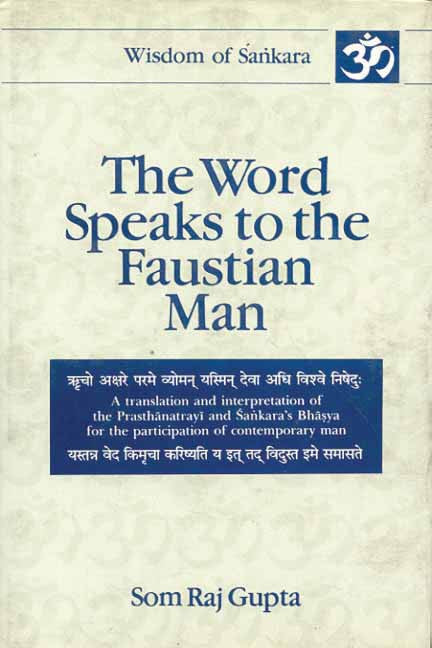Word Speaks to the Faustian Man (Vol. 4): (Chandogyo Upanisad)
Word Speaks to the Faustian Man (Vol. 4): (Chandogyo Upanisad) is backordered and will ship as soon as it is back in stock.
Couldn't load pickup availability
The Chandogya Upanisad: The culture it reflects is remote and archaic, the
texture of its ritualistic and contemplative symbolism thick and
dense-virtually a closed book for us moderns. A sustained self-submitting
attentiveness, however, discloses its language as resonating disturbingly
modern notes, focusing our attention on many of our pathologies as well as
our possibilities, pathologies and possibilities that have escaped the
notice of us moderns. The spirit of quiet hermeneutics that characterizes
this study illumines many an opaque spot in this text, solves many an
interpretive puzzle, turns many of its 'archaic naivetes' into living and
compelling profundities. We are made to realize that what some moderns call
Gestell is far more primordial than they would envisage it to be, far more
ominous and primitive, tragic and persistent. A radical transformation is
required, an ontological transformation.
Not mere 'a masterly exposition' of an ancient text is, therefore, this
study, but 'an authentic springboard for fresh philosophical thinking
fecundating (the) two shores of the human experience: East and West'. The
first three (published) Vols. are on (i) Isa, Kena, Katha and Prasna
Upanisads; (ii) Mundaka and Mandukya Upanisad with Gaudapada Karika; (iii)
Taittiriya and Aitareya Upanisads.
Review(s)
About the Author(s)
-
Pages
-
Edition
-
Size
-
Condition
-
Language
-
Weight (kg)
-
Publication Year
-
Country of Origin
-
Territorial Rights
-
Reading Age
-
HSN Code
-
Publisher




